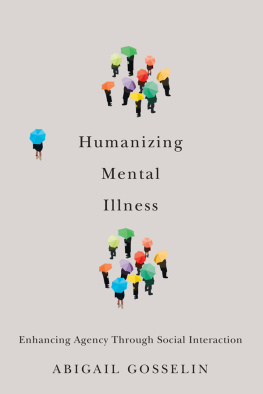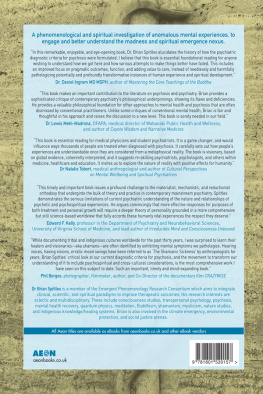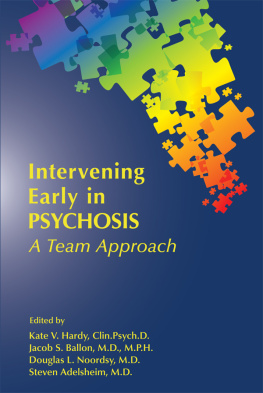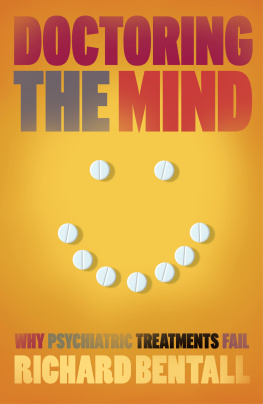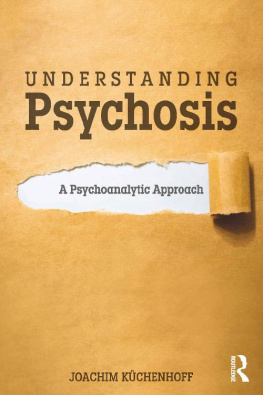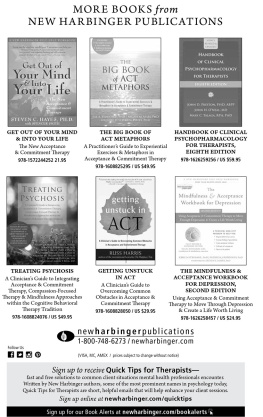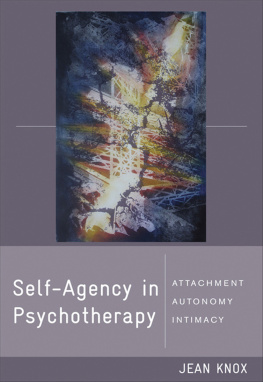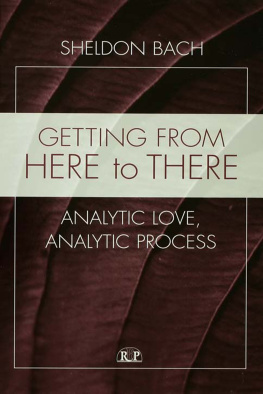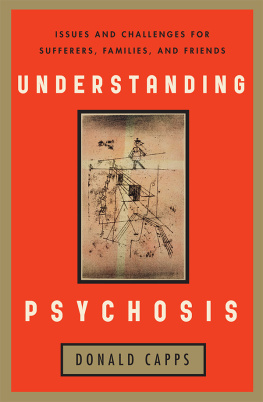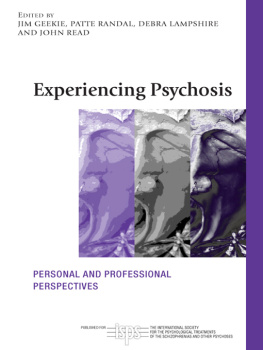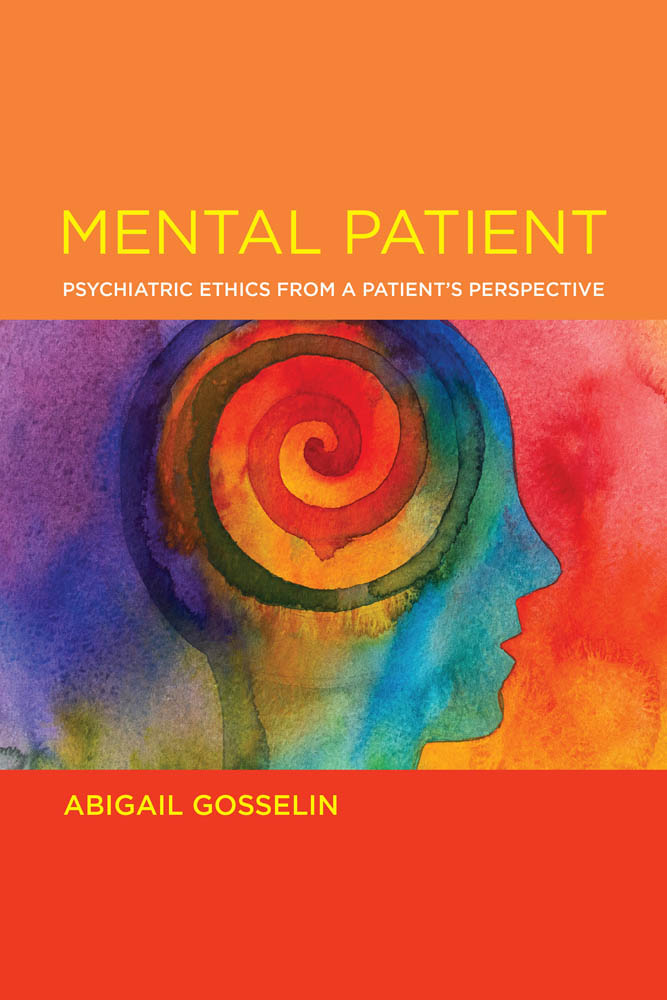Contents
Guide
Pagebreaks of the print version
Basic Bioethics
Arthur Caplan, editor
A complete list of the books in the Basic Bioethics series appears at the back of this book.
Mental Patient
Psychiatric Ethics from a Patients Perspective
Abigail Gosselin
The MIT Press
Cambridge, Massachusetts
London, England
2022 Massachusetts Institute of Technology
This work is subject to a Creative Commons CC-BY-ND license. Subject to such license, all rights are reserved.

The MIT Press would like to thank the anonymous peer reviewers who provided comments on drafts of this book. The generous work of academic experts is essential for establishing the authority and quality of our publications. We acknowledge with gratitude the contributions of these otherwise uncredited readers.
Library of Congress Cataloging-in-Publication Data
Names: Gosselin, Abigail, 1977 author.
Title: Mental patient : psychiatric ethics from a patients perspective / Abigail Gosselin.
Other titles: Basic bioethics
Description: Cambridge, Massachusetts : The MIT Press, [2022] | Series: Basic bioethics | Includes bibliographical references and index.
Identifiers: LCCN 2021052789 | ISBN 9780262544313 (paperback)
Subjects: MESH: Gosselin, Abigail, 1977 | Psychotic Disorderspsychology | Mentally Ill Personspsychology | Professional-Patient Relations | Personal Autonomy | Therapeutic Alliance | Patient Compliancepsychology | Personal Narrative
Classification: LCC RC454 | NLM WM 200 | DDC 616.89dc23/eng/20220209
LC record available at https://lccn.loc.gov/2021052789
d_r0
To Rhea and Phoebe
Contents
Acknowledgments
I thank everyone who read early drafts of chapters while I was working on the book, including Jason Taylor, Karen Adkins, Becky Vartabedian, Anandita Mukherji, and Ron DiSanto. I extend a special thank you to Ted Zenzinger, who helped me conceptualize my project more clearly, and to several anonymous reviewers whose feedback on the manuscript greatly improved it.
Thanks goes to my colleagues named above for their encouragement and friendship, as well as to Dean Tom Bowie and Provost Janet Houser, whose support over the past several years has been pivotal in my success at work.
I thank the many clinicians who have worked with me over the years, including Dr. Samuel Clinch, Ethan Selvig, Dr. Michael Weitzner, Rebecca Baker, Dr. David Weiss, and the staff at Centennial Peaks Hospital. Special appreciation goes to John Romeo, who understood me in a way few clinicians have.
I am grateful to my parents, Deb and Marc Gosselin, and my sister and her partner, Joanne Gosselin and Jason Carter, for always being there for me. I extend special gratitude to my husband, Derrick Belanger, whose love and support over the many years has been tremendous, as well as to my children, Rhea and Phoebe Belanger, who are the greatest kids one can have.
Introduction
When I was receiving treatment for psychosis a few years ago, I underwent a huge fissure in my identity and experience. Here I was, a middle-aged, heterosexual, married White woman with children, a philosophy professor used to directing students and working with colleagues, now in the most vulnerable position I could imagine. I had lost my mind, my sense of self, my identity, my ability to interact with others and respond to the world appropriately. I no longer felt like a professional; I no longer felt like a grown-up. I felt lost and confused in my psychosis, and I felt like a child on the receiving end of treatment from mental health professionals, obligated to obey (to comply with treatment) yet feeling irrationally defiant, stuck in my sickness. Doubtful my situation could ever improve, I was unsure if I even wanted to get better. To go from being a professional, grown woman in charge of many things to feeling like a lost and confused child victimized by psychosis and at the mercy of others was a seismic shift in how I experienced the world and how I understood myself.
Feeling lost and bewildered, I had difficulty relaying to others what I was experiencing. My psychiatrist and I were often at loggerheads due to miscommunication and misunderstanding. My family and friends could tell something was seriously wrong with me, but they struggled to understand, and I found it difficult to express myself accurately. Confused in my own mind, I struggled to articulate to myself what I was going through by writing about my experiences; immersed in the strangeness of my experience, I was able to chronicle my symptoms but unable to explain their significance. This difficulty came partly as a result of lacking a broader framework within which to understand my experience and partly as a result of being unable to think clearly within my psychosis. As months passed, and then two years, my psychosis eventually receded, and I found it easier to think clearly and to read and write.
As reading and writing became easier, I did what good academics do: I tried to understand my experiences in academic terms. Immersing myself in various philosophical, psychological, and scientific literatures, I tried to understand how academics understood psychosis and recovery to see how this meshed with my own experience. The philosophical literature on hallucinations and delusions fascinated me; some of it gave me helpful new ways to understand my experience, while others of it seemed to be abstract theorizing with very little basis in reality. The scientific literature on effects of antipsychotic medication was educative and made me feel a little more reassured about the safety of my medication. The nursing literature on auditory hallucination simulations frustrated me, making assumptions about hallucinations that were narrow minded and problematic. The psychological literature on recovery from severe mental illness was illuminating and struck me as right on target.
The philosophy literature in general was rather limited. In the context of philosophy of psychiatry, I found that some philosophers seemed to have a good understanding of the experience of psychosis and the ways that psychosis constrains agency and autonomy, but others did not. While there is much written in scientific and psychological literatures on recovery (and much of it good), there is relatively little written in philosophy about the experience of recovery and what recovery requires, especially recovery from psychosis. What I thought was needed was a detailed understanding of the precise ways that psychosis can impair agency and autonomy and how this can make recovery so difficult. Many philosophers did not seem to understand the pull of psychosis, the way psychosis can feel like it has agency of its own and the way that this can hinder recovery. As a result, they did not have a clear understanding of how the quality of the therapeutic relationship is so central to recovery and how recovery requires engaging in epistemic and moral activities that increase agency and autonomy. In writing this book, I set out to articulate these themes as best as I could.
Equipped with academic frameworks with which to understand my experience, I also wanted to have an intelligible and respectable way to tell the mental health professionals with whom I worked what they were doing right and what they could do better. My experience with clinicians was mixed; at times, I felt deeply understood and respected by my clinicians, and I felt that I could trust them to guide me well. At other times, I felt greatly misunderstood by and experienced condescension from my clinicians, and I did not believe they could help me out of my sickness at all. When I was in the throes of psychosis, I had some very frustrating experiences working with clinicians who did not understand psychosis (probably at least partly because they had little experience treating psychotic patients). I wanted to write about my experiences as a mental patient in order to be able to articulate to clinicians some aspects of psychotic experience and recovery that they didnt seem to understand. In particular, I wanted to explain why psychotic patients sometimes feel ambivalent about recovery and struggle to stay committed to recovery, hoping that with this knowledge clinicians could do a better job treating recalcitrant patients.


